
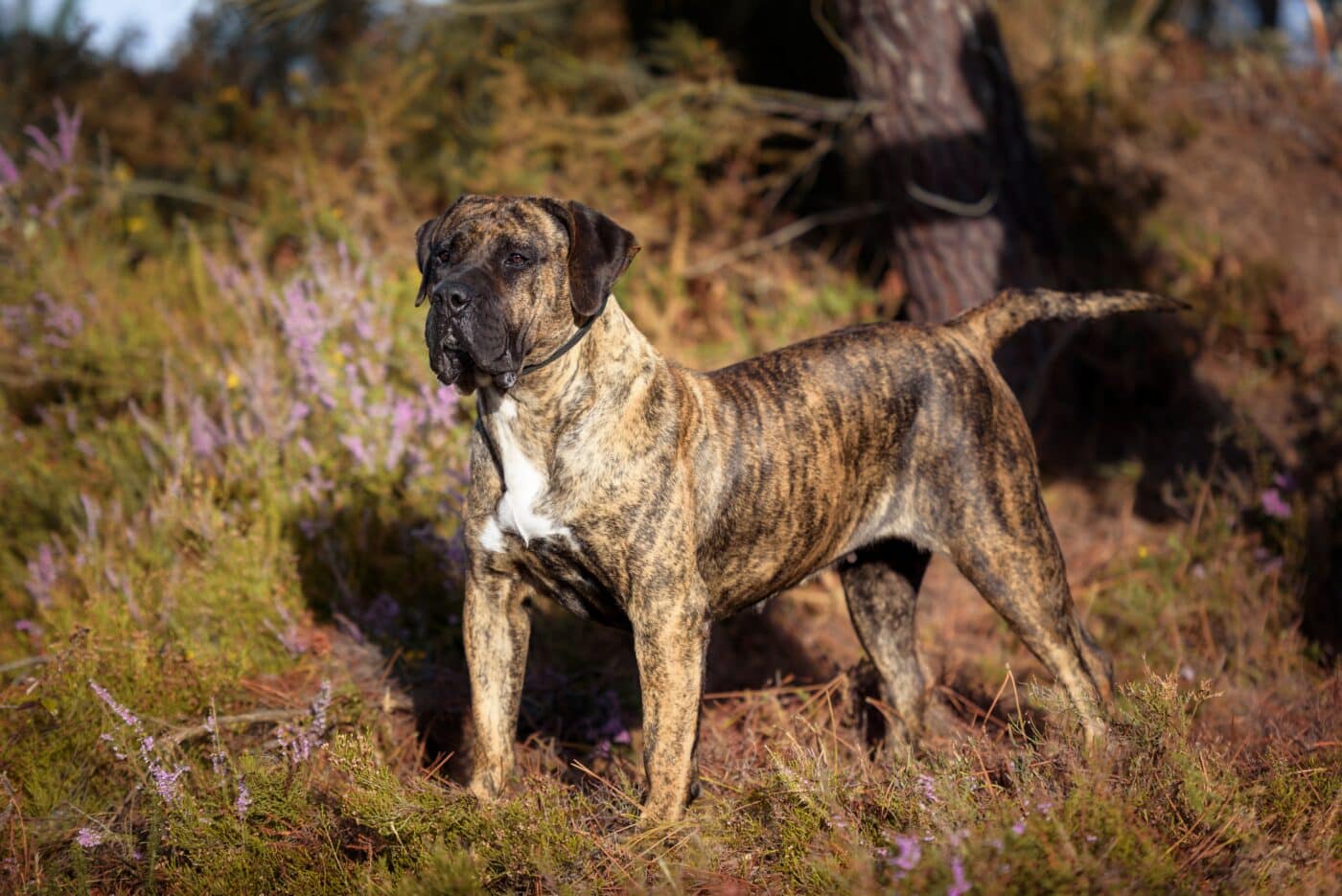 Shutterstock
Shutterstock
Certain dog breeds have faced widespread bans and restrictions in recent years due to concerns about public safety and perceived aggression. Breed-specific legislation (BSL) often targets specific breeds, rather than focusing on individual dog behavior or promoting responsible pet ownership. This approach has sparked ongoing debate among dog lovers, experts, and lawmakers. Despite these breeds’ loyal and loving natures, they’ve been heavily restricted in many areas over the past two decades, raising important questions about fairness and the true drivers behind dog-related incidents.
Pit Bull Terrier
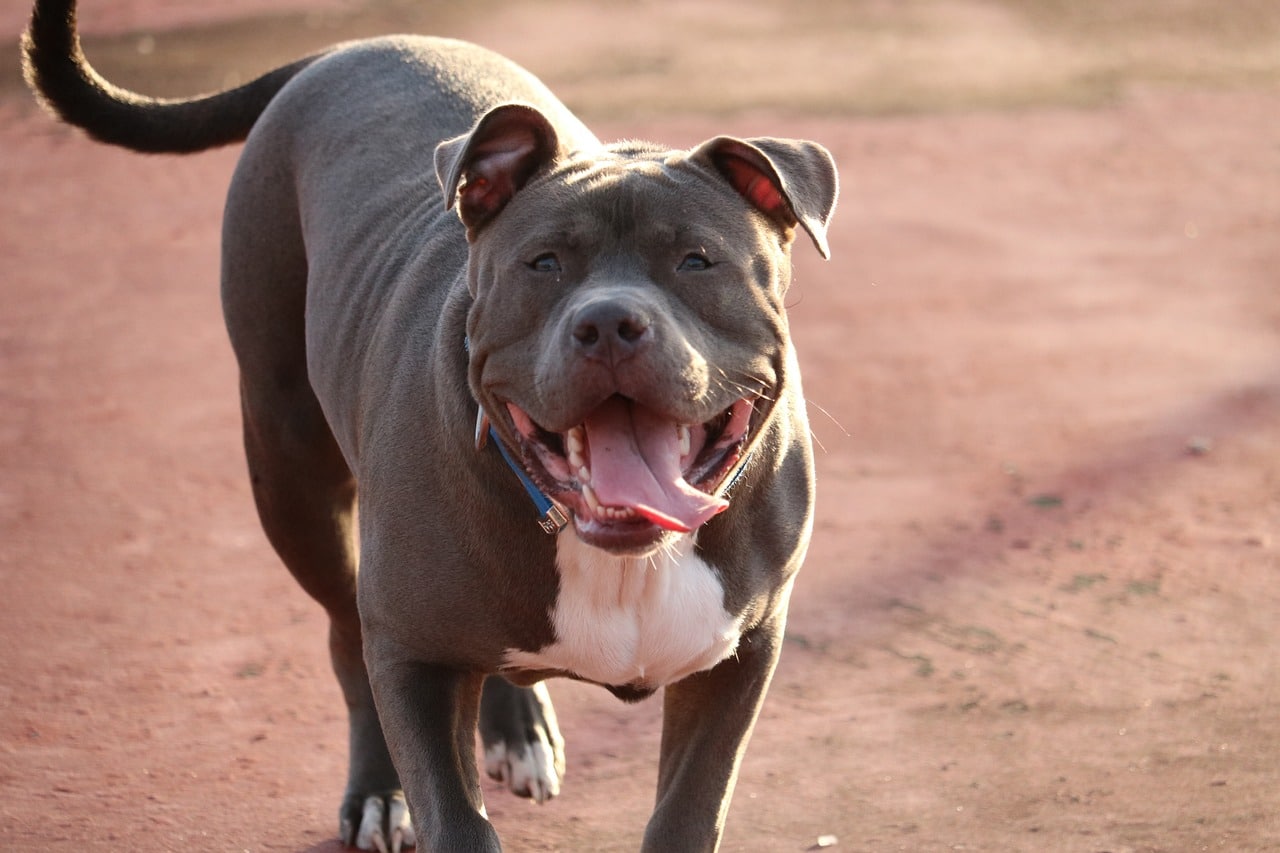 Shutterstock
Shutterstock
Pit Bull Terriers have been one of the most widely banned dog breeds over the past two decades. Often included under the umbrella term “Pit Bull” are breeds like the American Pit Bull Terrier, American Staffordshire Terrier, and Staffordshire Bull Terrier. Due to incidents involving attacks, Pit Bulls have been banned or restricted in various places, particularly in cities and countries like the UK and parts of Canada. However, many argue that these dogs are affectionate and loyal when properly trained and socialized, and that poor ownership, rather than breed alone, plays a significant role in their negative reputation.
Rottweiler
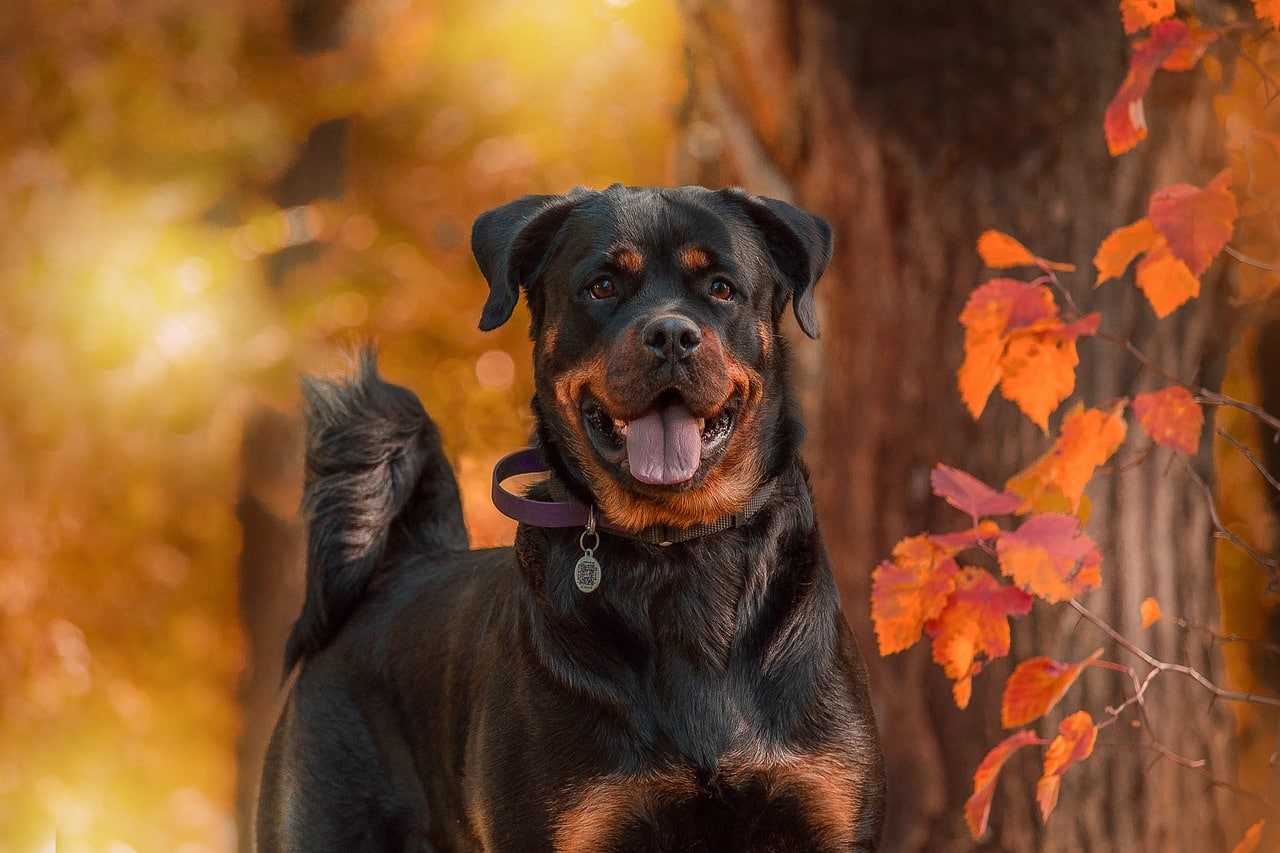 Shutterstock
Shutterstock
Rottweilers are powerful, muscular dogs that have faced restrictions in multiple countries due to their perceived potential for aggression. Known for their protective instincts, Rottweilers are often utilized as guard dogs, but this has also contributed to their reputation as dangerous in certain contexts. Places like Ireland and certain cities in the United States have implemented restrictions or bans on Rottweilers. Despite this, many owners describe Rottweilers as affectionate, intelligent, and incredibly loyal, thriving in well-trained and responsible homes.
Doberman Pinscher
 Shutterstock
Shutterstock
Doberman Pinschers, with their sleek build and alert demeanor, are often associated with guarding and protection. In some places, Dobermans have been restricted due to their perceived aggression, particularly when used as guard dogs. Countries like Singapore have specific regulations for Doberman ownership, often requiring additional licensing, insurance, and even muzzling in public. Dobermans are incredibly loyal and bond closely with their families, making them excellent protectors. Unfortunately, this has contributed to their image as “aggressive,” leading to restrictions despite their intelligence and trainability.
Japanese Tosa
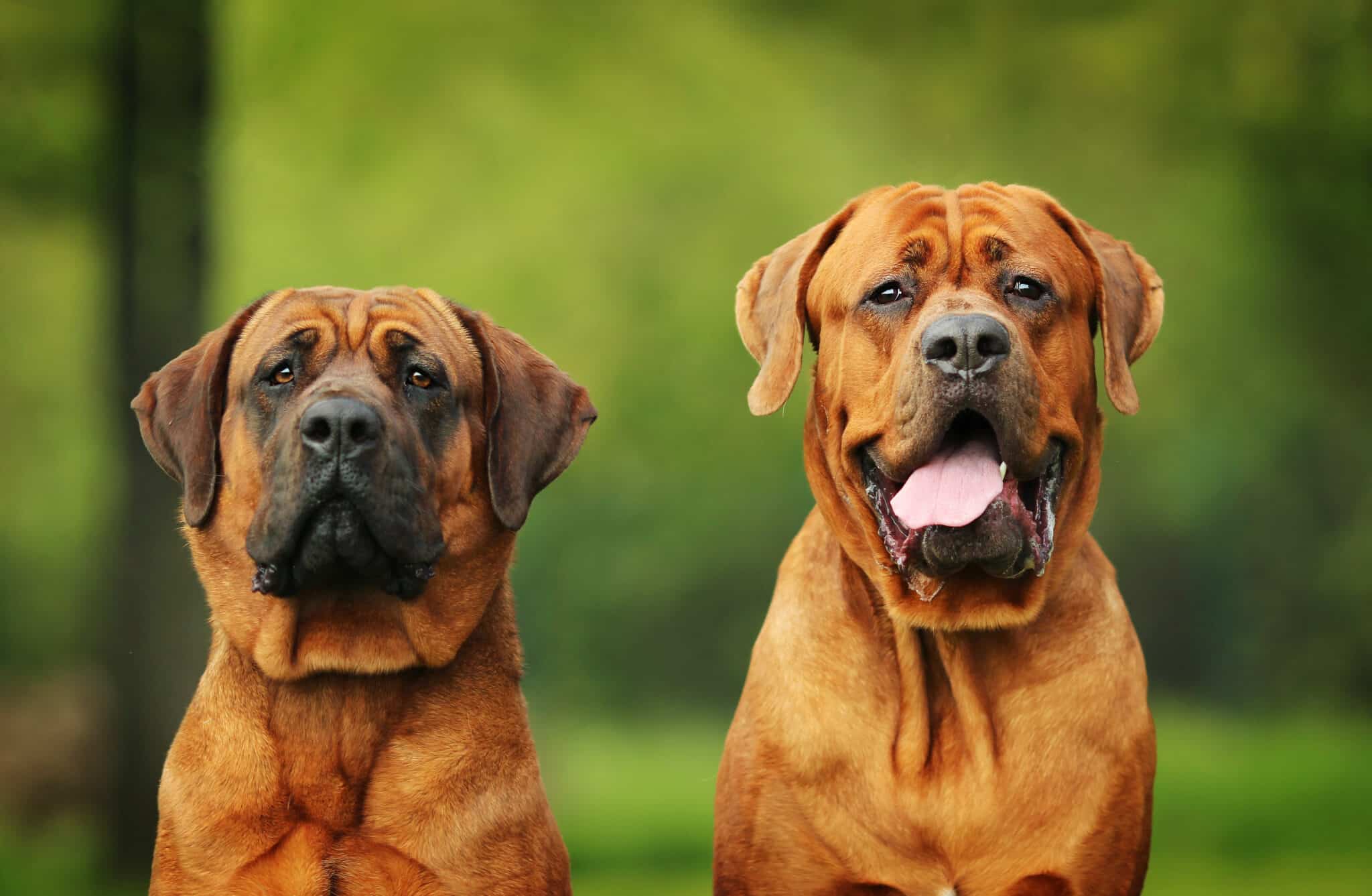 Shutterstock
Shutterstock
The Japanese Tosa, also known as the Tosa Inu, is a rare breed developed for dog fighting in Japan. Due to this background, the Tosa has been banned or restricted in several countries, including the UK, Denmark, and Norway. These dogs are large, powerful, and have a reputation for being aggressive, which has led to stringent restrictions worldwide. However, advocates of the breed argue that, when raised in a positive environment, Tosas can be calm and loyal. Still, their fighting history has made them a target for breed-specific legislation.
Dogo Argentino
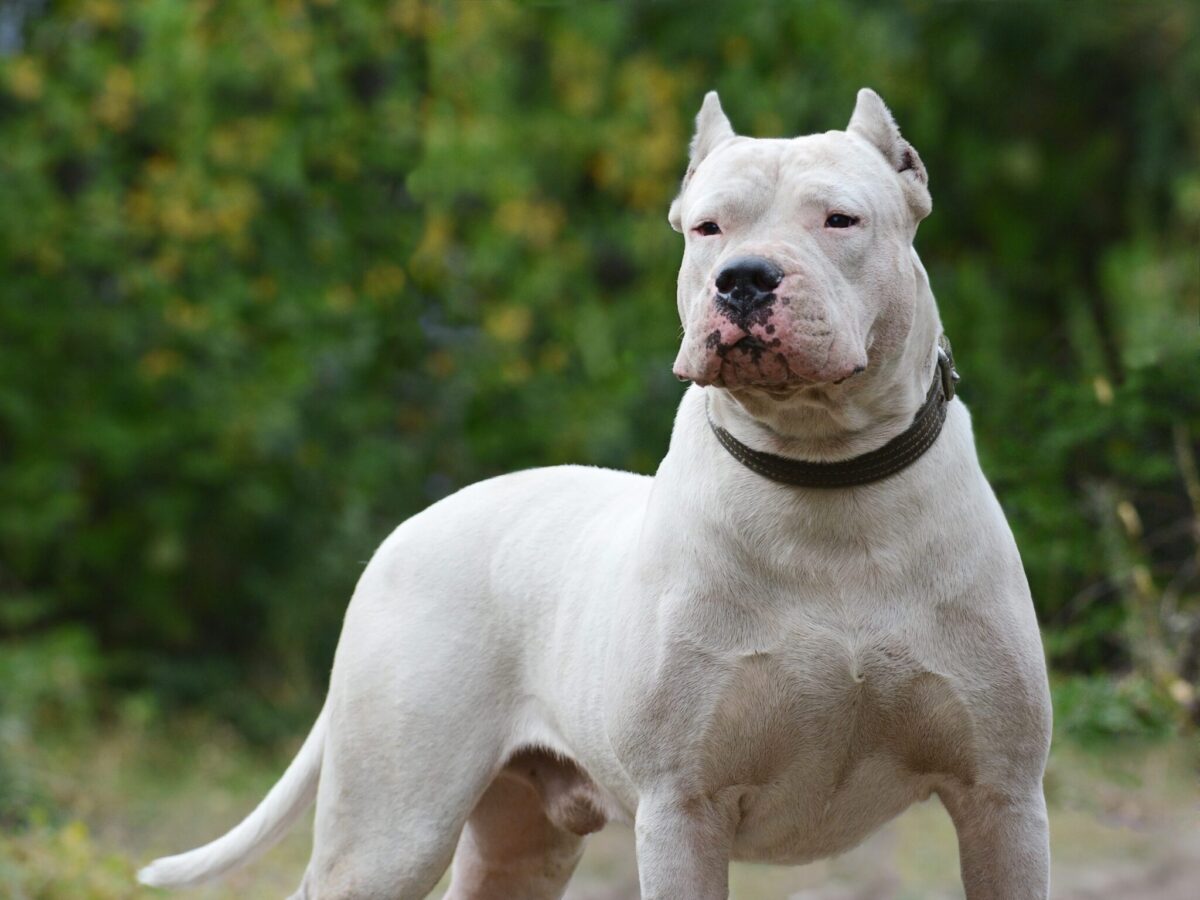 Shutterstock
Shutterstock
The Dogo Argentino, a muscular breed developed in Argentina for big-game hunting, has faced bans and restrictions in various parts of the world. Known for its strength and determination, the Dogo Argentino has been banned in places like the UK, Australia, and New Zealand due to concerns about its potential for aggression. However, when properly trained and socialized, Dogo Argentinos can be affectionate, loyal family dogs. Despite their loving nature with family, their reputation as a tough, hunting-oriented breed has led to widespread restrictions.
Fila Brasileiro
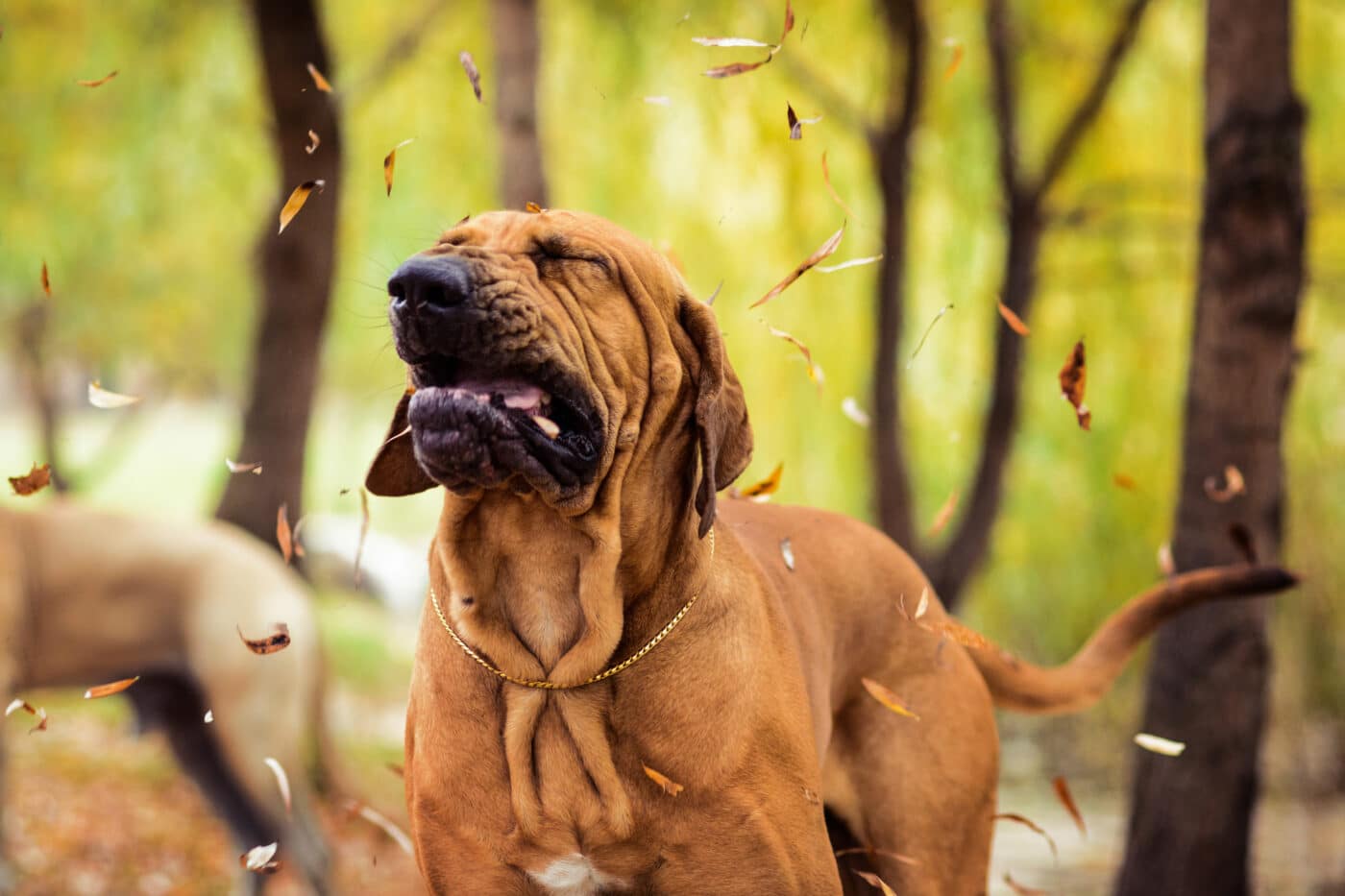 Shutterstock
Shutterstock
The Fila Brasileiro, or Brazilian Mastiff, is known for its loyalty and protective nature. However, this breed’s natural wariness toward strangers and strong guarding instincts have led to bans in several countries, including the UK and New Zealand. Filas were originally bred to protect livestock and property, and their territorial tendencies make them protective of their families. Due to their imposing size and strength, many countries have deemed the Fila Brasileiro as potentially dangerous, requiring strict regulations or outright bans.
Boerboel
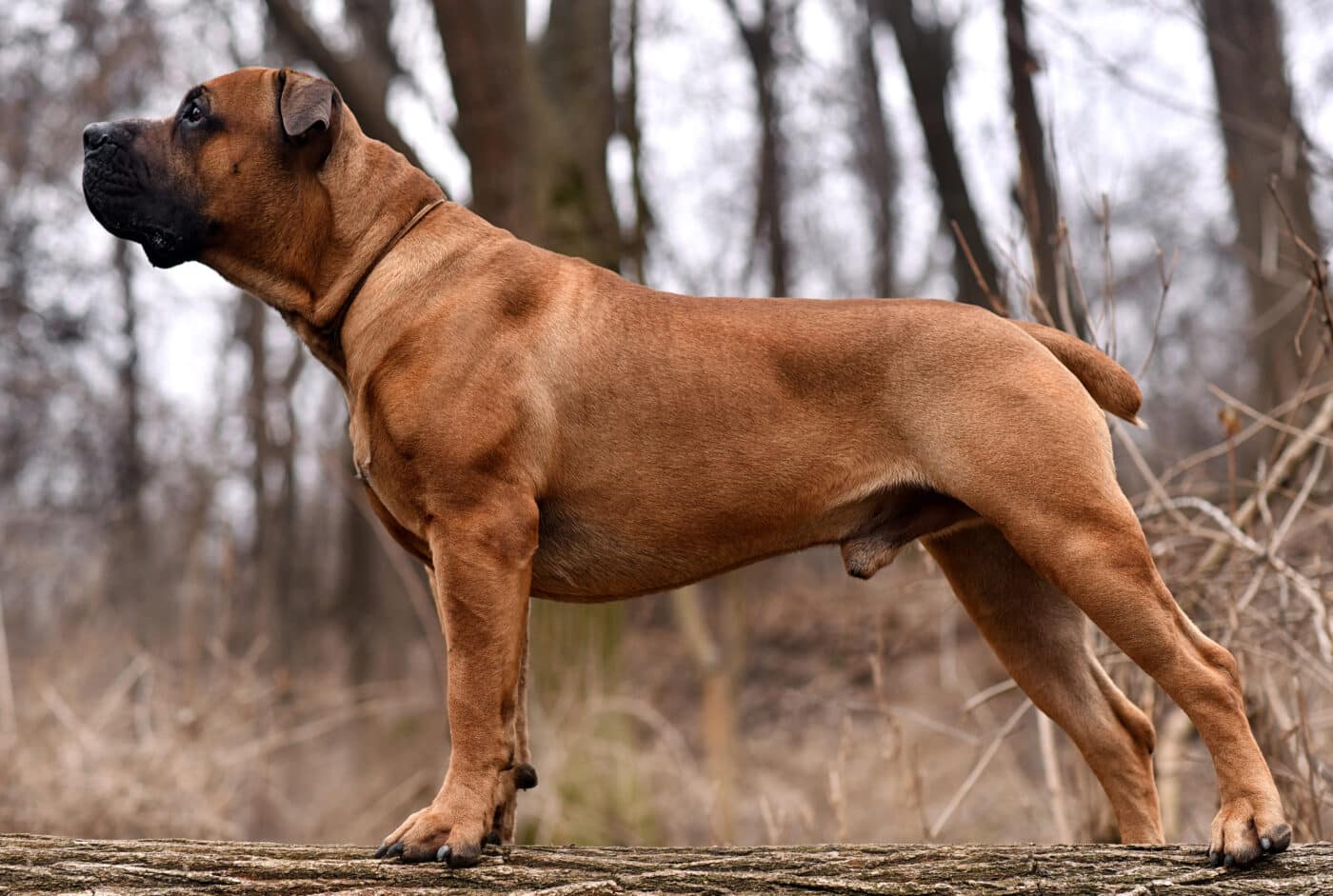 Shutterstock
Shutterstock
The Boerboel, a South African breed known for its strength and loyalty, was originally bred to guard homesteads against predators. While Boerboels are affectionate and gentle with their families, their size and protective nature have led to restrictions in places like Denmark and parts of Eastern Europe. This breed’s strong instincts make it an excellent guard dog, but without proper training and socialization, it can become territorial. Despite these restrictions, Boerboel enthusiasts argue that these dogs are well-suited for responsible, knowledgeable owners who can manage their natural guarding instincts.
Presa Canario
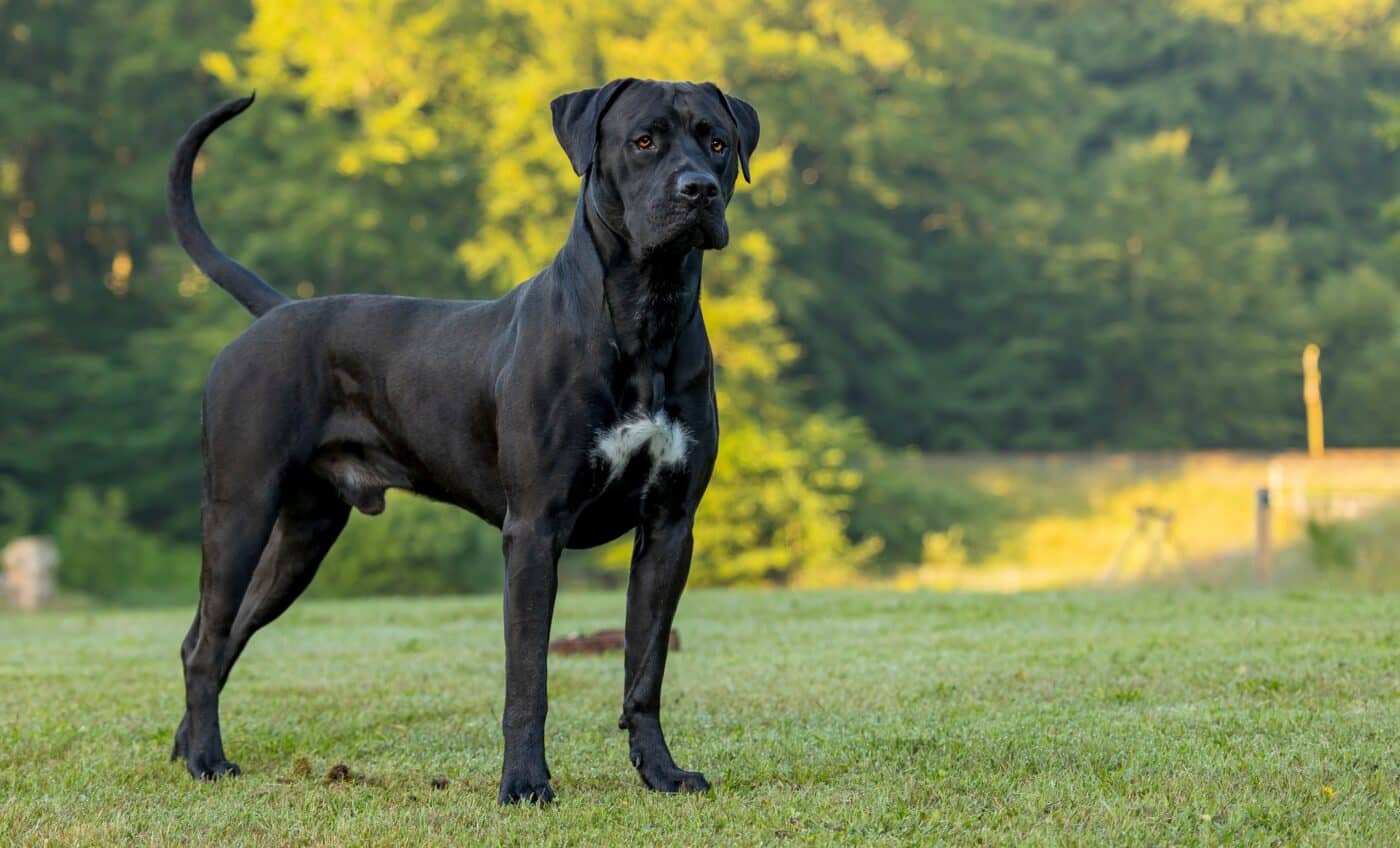 Shutterstock
Shutterstock
The Presa Canario, a large and powerful breed from the Canary Islands, has been banned or restricted in numerous countries. Originally used for herding cattle and guarding livestock, the Presa Canario is known for its protective and dominant temperament. Unfortunately, incidents involving Presas have contributed to their reputation as aggressive dogs, leading to restrictions in places like Australia and New Zealand. While these dogs can be affectionate with their families, they require experienced owners who can provide firm training and socialization.
Alaskan Malamute
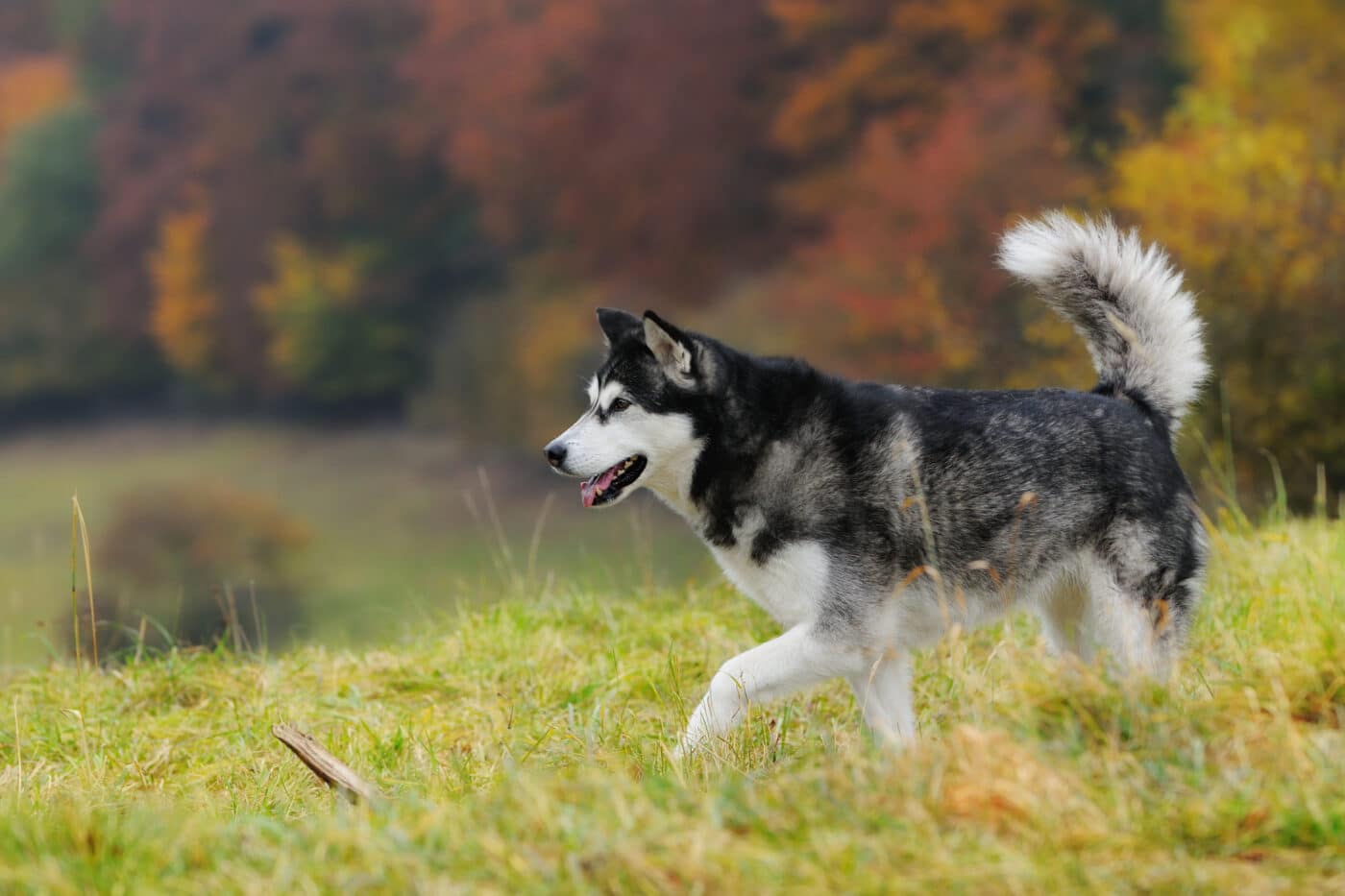 Shutterstock
Shutterstock
Alaskan Malamutes, known for their endurance and strength, have occasionally been included in breed-specific legislation. Their strong-willed nature and large size can make them challenging for inexperienced dog owners, leading to occasional bans and restrictions in certain areas. Malamutes were originally bred as sled dogs, which means they have high energy levels and require regular exercise. While they are not typically aggressive, their size and strength can be intimidating, and when not properly trained, Malamutes can be difficult to control.
Wolfdog Hybrid
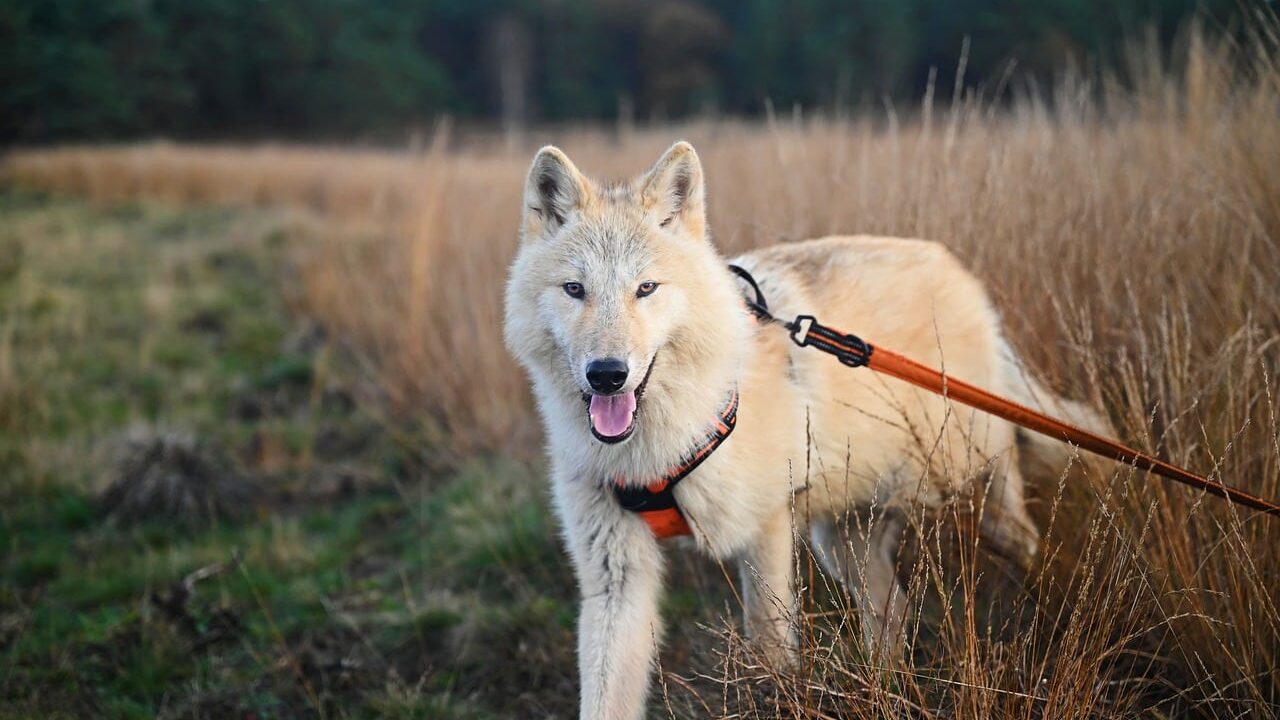 Shutterstock
Shutterstock
Wolfdog hybrids, a cross between domestic dogs and wolves, are often banned due to concerns about their unpredictable nature. These hybrids retain wild instincts, making them difficult to train and potentially dangerous in certain situations. Many areas have strict regulations or outright bans on wolfdogs due to safety concerns. Although some individuals argue that hybrids can be loyal and affectionate pets, their wild ancestry means they are generally better suited to experienced handlers who understand their unique needs.
Cane Corso
 Shutterstock
Shutterstock
The Cane Corso, an Italian Mastiff breed known for its strength and loyalty, has faced restrictions in some areas due to its protective nature. With a background as a guard and hunting dog, the Cane Corso has natural guarding instincts that make it an excellent protector. However, without proper training and socialization, it can exhibit aggressive behaviors, leading to bans in places like Bermuda and certain parts of Europe. Cane Corso owners often describe their pets as affectionate and devoted, though they require a firm, knowledgeable owner.
American Bulldog
 Shutterstock
Shutterstock
The American Bulldog, known for its strength and loyalty, has faced restrictions in various countries and regions. Originally bred for farm work, American Bulldogs are protective and sometimes wary of strangers. Although they can be loving family pets, their size, and strength have led to concerns about aggression. Places like Denmark and parts of Europe have placed restrictions on American Bulldogs, requiring owners to obtain licenses or special permits. Despite this, American Bulldogs are often affectionate, gentle pets in responsible hands.
Shar Pei
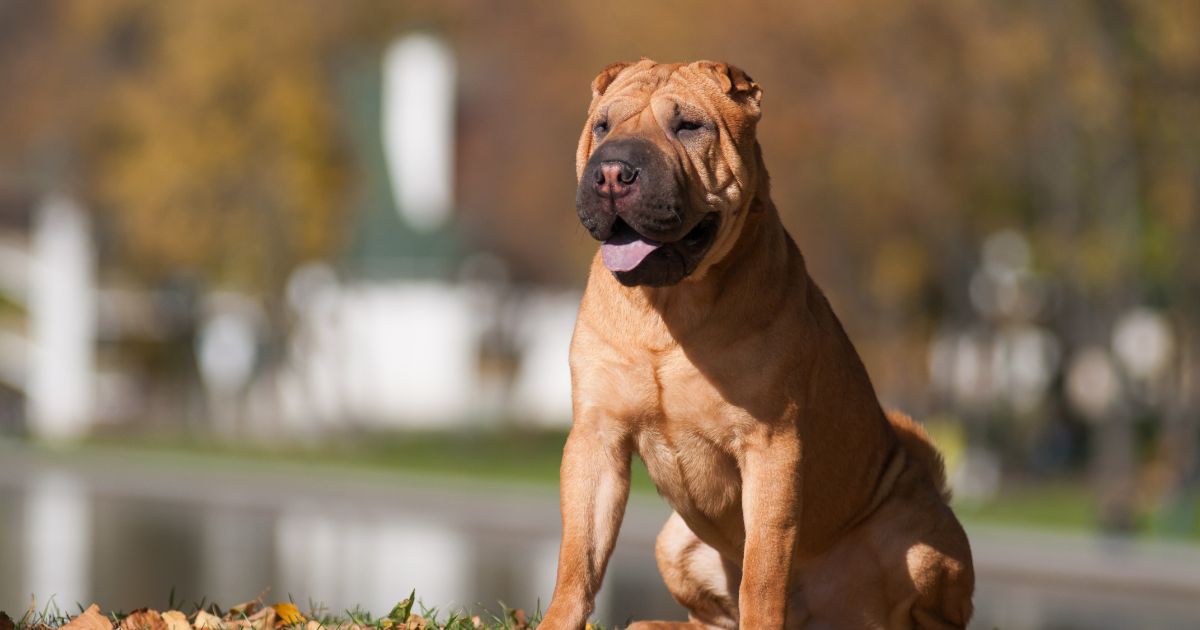 Shutterstock
Shutterstock
Shar Peis, recognizable for their wrinkled skin and distinctive appearance, have faced restrictions in certain areas due to concerns about aggression. Originally bred in China as guard dogs, Shar Peis can be wary of strangers and protective of their families. This breed’s independence and strong-willed nature make it a good choice for experienced owners but can pose challenges for those unfamiliar with its temperament. While many Shar Peis are friendly and calm, their tendency toward aloofness has contributed to restrictions in areas that prioritize public safety.
No Breed Left Behind
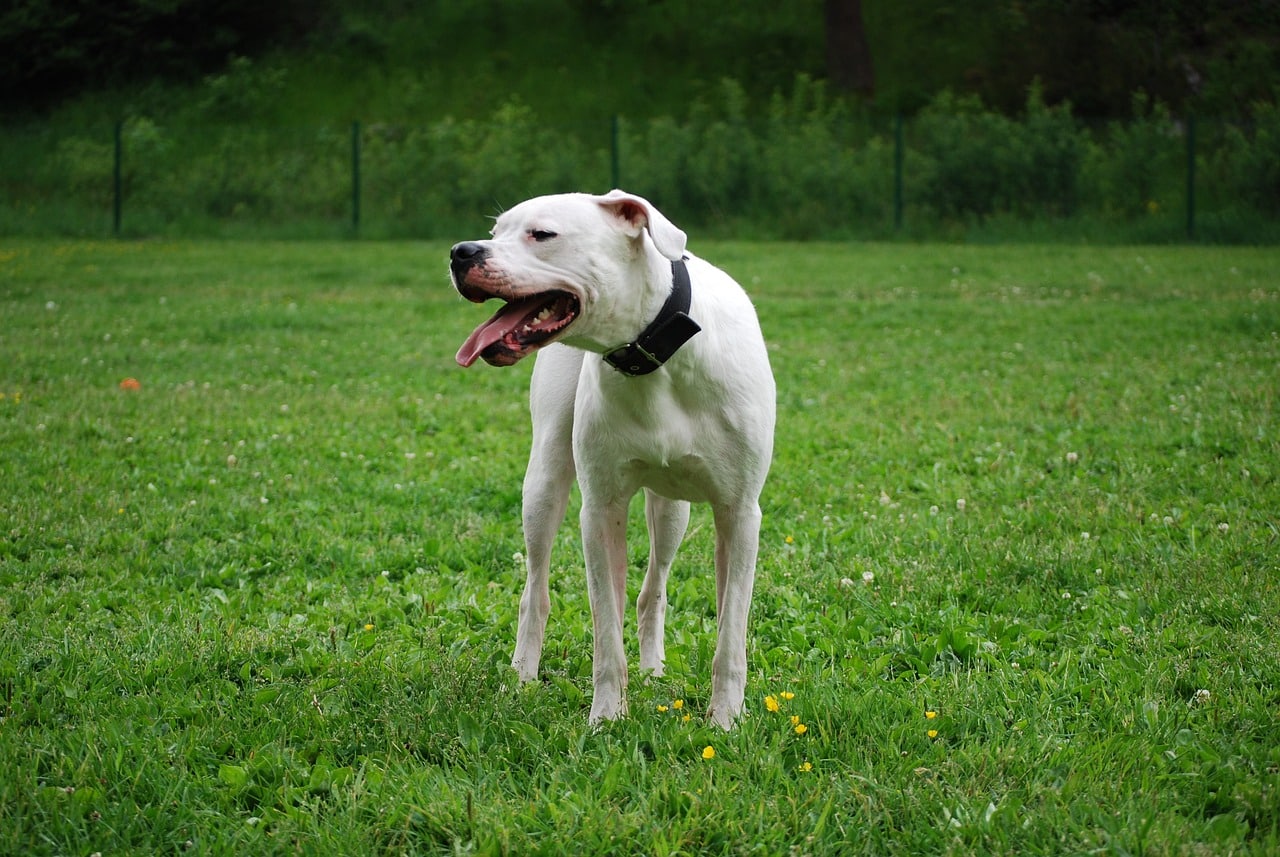 Shutterstock
Shutterstock
These breeds have been banned in some areas due to reputations often shaped more by myth than reality. Although breed-specific legislation is intended to improve public safety, many believe responsible ownership and proper training are what truly matter. If you’re fortunate to have one of these loyal giants or protective companions, keep them leashed, let their gentle side shine, and remember: every dog deserves a fair chance, even if they come under extra scrutiny. With love and care, they prove that labels don’t define them.
Discover more from reviewer4you.com
Subscribe to get the latest posts to your email.





